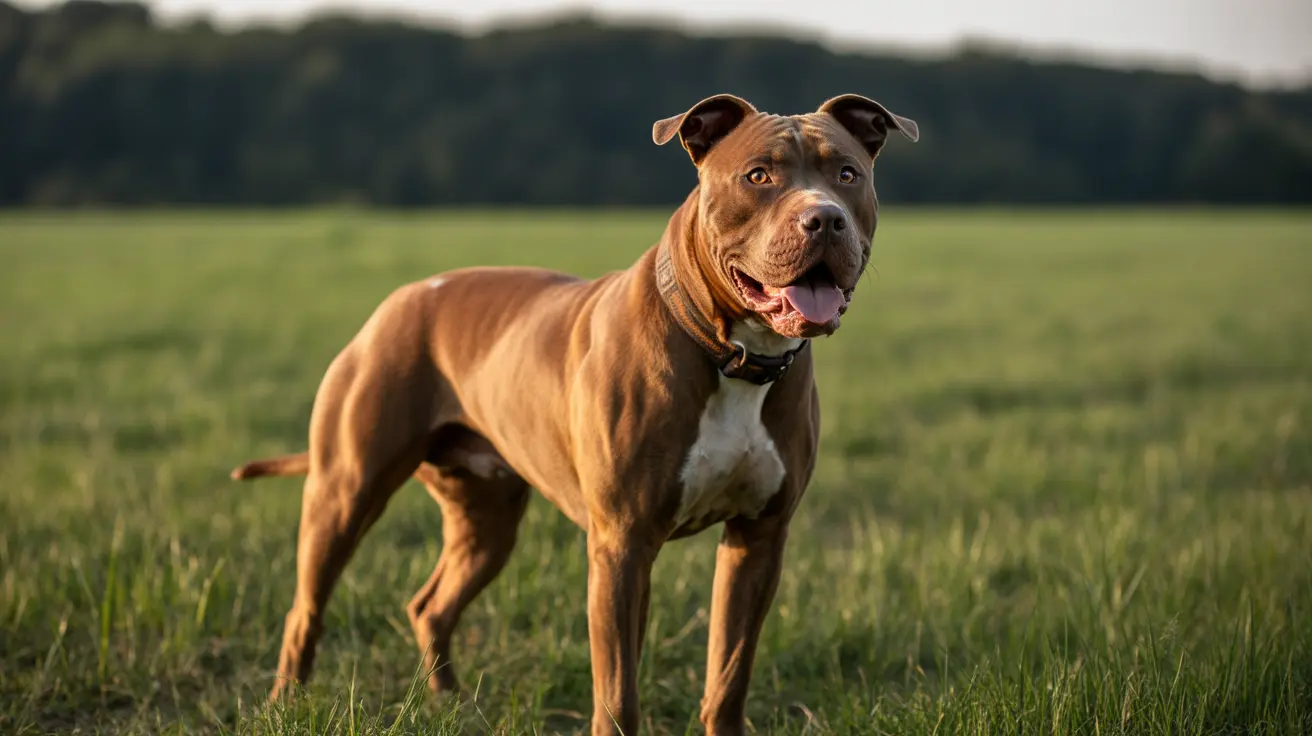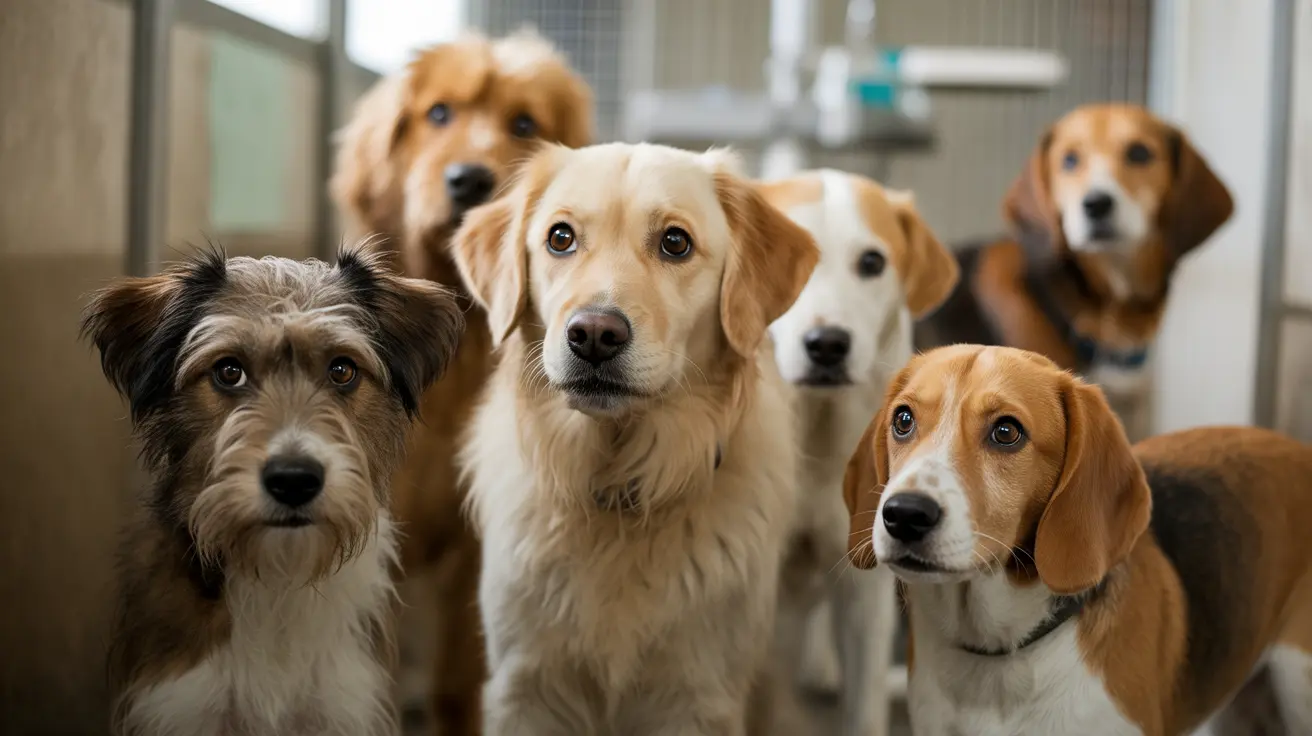Understanding Onion Poisoning in Dogs: Timing, Symptoms, and Treatment
Onion poisoning in dogs is a serious and potentially lethal condition that pet owners must be vigilant about. Every part of the onion plant—including the bulb, juice, leaves, and even powdered forms—can pose a significant threat to a dog's health. Let’s delve into how quickly onion toxicity occurs, the associated symptoms, and the best methods of prevention and treatment.
How Quickly Does Onion Poisoning Develop?
Onion poisoning in dogs usually manifests within 24 to 72 hours after ingestion. However, in some instances, it may take a few days for symptoms to become clearly visible. Earlier detection can drastically improve the chances of full recovery.
What Makes Onions Toxic to Dogs?
The primary toxic compound in onions is N-propyl disulfide. This substance causes oxidative damage to red blood cells by binding to the oxygen-carrying molecules, leading to their rupture and resulting in hemolytic anemia. The dog's immune system further exacerbates this condition by attacking the compromised cells.
All Members of the Allium Genus Are Dangerous
Not just onions, but all plants in the Allium genus can be harmful. These include:
- Garlic
- Chives
- Scallions
- Leeks
- Shallots
- Green onions
These foods contain similar compounds and can be even more potent in processed forms like powders found in soups, sauces, and spice blends.
Toxic Dose: How Much Is Too Much?
The toxic threshold can be alarmingly low. As little as 0.5% of a dog’s body weight in onion can result in toxicity. For example:
- A 20-kg (45-lb) dog could be poisoned by just one medium-to-large onion (about 100 grams).
- Repeated exposure to small amounts can accumulate and eventually result in toxic effects.
Symptoms to Watch For
Symptoms often develop within 1 to 3 days and include:
- Vomiting and diarrhea
- Abdominal discomfort and drooling
- Decreased appetite
- Lethargy and weakness
- Rapid heart rate and respiration
- Red or brown-colored urine
- Pale or yellow gums
- Fainting or collapse
In some cases, a distinctive onion smell may be noted on the dog’s breath, or bits of onion may appear in vomit or stool.
High-Risk Factors
Certain dogs are more susceptible to onion toxicity, including:
- Small breed dogs
- Breeds like Akitas and Shiba Inus
- Dogs with liver disease, anemia, or diabetes
- Pets on certain medications
What to Do If Your Dog Eats Onion
Seek veterinary attention immediately. Do not attempt to induce vomiting unless explicitly told to do so by a professional. If ingestion happened within 2 hours, a vet may induce vomiting and administer activated charcoal to minimize absorption of toxins.
Treatment Options
- Hospitalization in severe cases
- Intravenous fluids
- Oxygen therapy
- Blood transfusions if anemia is severe
Early diagnosis is key. Blood tests often reveal Heinz bodies, indicating oxidative damage to red cells.
Prevention Tips
- Do not feed dogs table scraps or leftovers with onions or garlic
- Store onions and related plants securely out of reach
- Secure trash cans and compost bins
- Educate family and guests about food hazards
- Fence off areas in gardens with allium plantings
Safe Alternatives for Dogs
Instead of onions, consider offering your dog these safer options in moderation:
- Carrots
- Green beans
- Peas
- Pumpkin
- Apples (seedless)
- Lean cooked meats without seasoning
Conclusion
Time is crucial when dealing with onion poisoning in dogs. Most symptoms arise within 24–72 hours, but swift veterinary access can make the difference between recovery and severe illness or death. Prevention is your best tool—avoid all foods containing onions, and remain watchful for any signs of toxic exposure.





